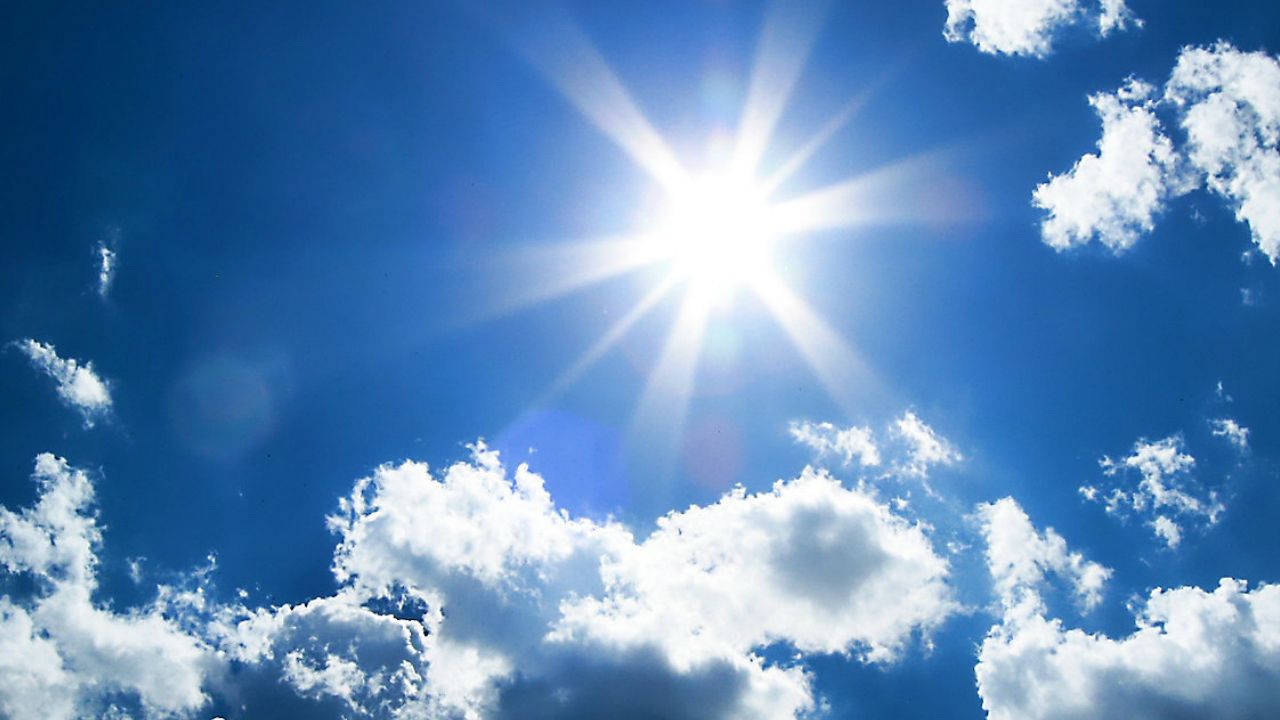NATIONWIDE -- On Thursday, the White House pitched “emerging” research on the benefits of sunlight and humidity in diminishing the threat of the coronavirus.
- World Health Organizations says there's no evidence
- Cases in hot, humid countries have been reported
According the World Health Organization, there is no evidence that sunlight kills COVID-19.
On its myth buster page, WHO says “you can catch COVID-19, no matter how sunny or hot the weather is. Countries with hot weather have reported cases of COVID-19.”
READ MORE | Do Not Inject Disinfectants, Companies Warn as President Trump Raises Idea
But William Bryan, who leads the Science and Technology Directorate at the Department of Homeland Security, said at a White House briefing Thursday that there are “emerging results” from new research that suggest solar light has a powerful effect in killing the virus on surfaces and in the air. He said scientists have seen a similar effect from higher temperatures and humidity.
A biocontainment lab in Maryland has been conducting testing on the virus since February, Bryan said.
“The virus is dying at a much more rapid pace just from exposure to higher temperatures and just from exposure to humidity,” Bryan said.
WHO also debunks benefits of UV light, saying, “UV lamps should not be used to sterilize hands or other areas of skin as UV radiation can cause skin irritation."
President Donald Trump was asked if it was dangerous to make people think they would be safe by going outside in the heat, considering that so many people have died in Florida.
READ MORE | Common Household Products: What Helps Clean and Prevent Coronavirus?
“I hope people enjoy the sun. And if it has an impact, that’s great,” Trump said. “It’s just a suggestion from a brilliant lab by a very, very smart, perhaps brilliant man. I’m here to present ideas, because we want ideas to get rid of this thing. And if heat is good, and if sunlight is good, that’s a great thing as far as I’m concerned,” the president said.
Bryan stressed that the emerging results of the light and heat studies do not replace social distancing recommendations.
Earlier in the month, scientific advisers told the White House there’s no good evidence yet that the heat and humidity of summer will rein in the virus without continued public health measures.
WHO says that “from the evidence so far, the COVID-19 virus can be transmitted in all areas, including areas with hot and humid weather.”
Researchers convened by the National Academies of Sciences, Engineering and Medicine analyzed studies done so far to test virus survival under different laboratory conditions as well as tracking where and how COVID-19 has spread so far.
READ MORE | Do People Become Immune to Coronavirus After Recovering From Infection?
“Given that countries currently in ‘summer’ climates, such as Australia and Iran, are experiencing rapid virus spread, a decrease in cases with increases in humidity and temperature elsewhere should not be assumed,” the researchers wrote earlier in April in response to questions from the White House Office of Science and Technology.
In addition, the report cited the global lack of immunity to the new virus and concluded, “if there is an effect of temperature and humidity on transmission, it may not be as apparent as with other respiratory viruses for which there is at least some preexisting partial immunity.”
READ MORE | Coronavirus News and FAQs
They noted that during 10 previous flu pandemics, regardless of what season they started, all had a peak second wave about six months after the virus first emerged.
In March, Dr. Michael Ryan, the World Health Organization’s emergencies chief, said: “We have to assume that the virus will continue to have the capacity to spread, and it’s a false hope to say yes, it will just disappear in the summertime like influenza.”
The Associated Press contributed to this story.



